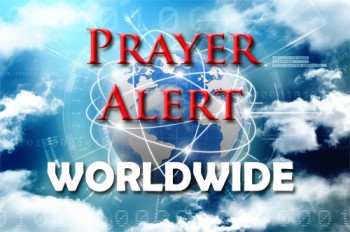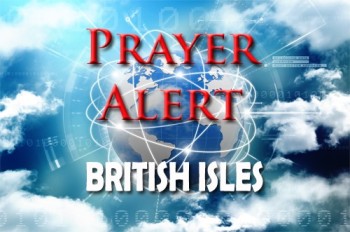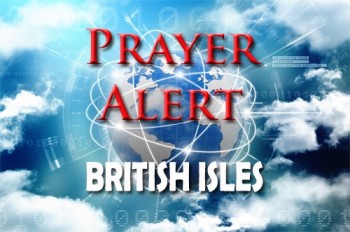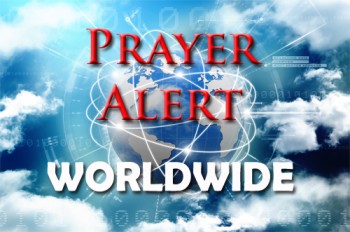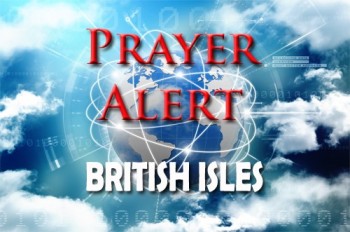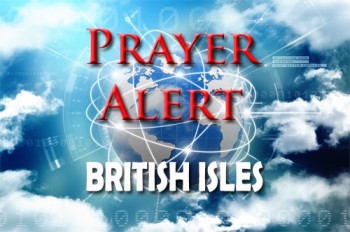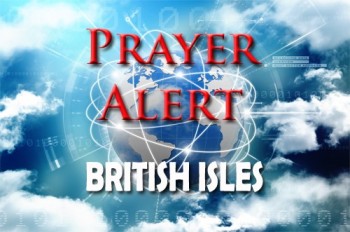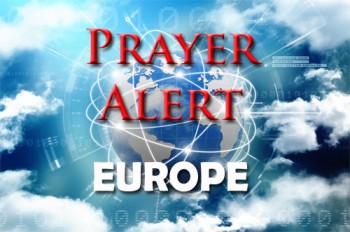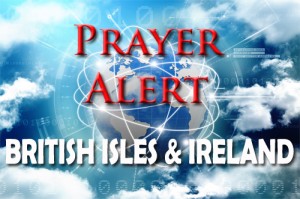Displaying items by tag: vulnerable
Syria: Alawite women living with fear after targeted violence and kidnapping
In western Syria, families live with fear after reports of kidnappings targeting women from the Alawite minority. Survivors describe being seized by armed men, beaten, threatened, and sometimes assaulted while held in secret locations for days or weeks. Human rights groups have recorded dozens of cases since the overthrow of Bashar al-Assad (an Alawite) in December 2024, but many families say the authorities have failed to investigate properly. Some victims were questioned about their identity and accused because of their background, leaving deep trauma and stigma. Several families fled their homes, afraid of retaliation if they spoke publicly. Even after release, women struggle with nightmares, broken relationships, and isolation. The crisis highlights how instability can expose vulnerable people to exploitation and revenge.
Church almshouse to sell altarpiece to further its 600-year-old mission
The decision by a Dorset almshouse to sell a rare 15th-century Flemish altarpiece has opened an unexpected path toward expanding its longstanding mission of caring for those in need. The Almshouse of Saint John the Evangelist and John the Baptist in Sherborne discovered the artwork’s extraordinary value only after asking Sotheby’s to store it during building work. Expert analysis revealed that the oak triptych, depicting five miracles of Christ including the raising of Lazarus, was crafted in late-medieval Brussels and could fetch £2.5–£3.5 million at auction. The trustees unanimously agreed that selling the piece would best serve the local community, noting that the costs of securing, conserving, and insuring such a valuable object would be unsustainable for a small charity. Proceeds from the sale are expected to fund the remodelling of the almshouse to create six new independent-living homes and support ongoing maintenance of the Grade I listed building, furthering its 600-year-old mission.
Lack of access to mental health care for the vulnerable
Every seven seconds a person was referred for NHS mental health support in September. That comes as no surprise to Pastor Mick, a drug-dealer-turned-lifesaver during Covid, who each day meets people struggling to survive. In his 20s, Mick was a drug dealer consumed by cocaine and violence. He has now found faith and feeds the poor. His church in Burnley is expanding quickly - it has its own food and clothes banks. Mick also liaises with the police, housing organisations, the local council and drug rehabilitation services. He is particularly concerned about the lack of access to mental health care for the most vulnerable - people who find it difficult to see their GPs, let alone get access to a bed in a support facility. Mick blames the Covid lockdowns and the many months of restrictions. He hears stories of people who have spiralled down, turning to drugs and alcohol.
Afghanistan: warnings and explosions at airport
Shortly after UK armed forces minister James Heappey had warned of an imminent terror attack, and had called on those queuing outside Kabul airport to move to safety, two explosions rocked the area on 26 August, leaving a number of casualties and throwing evacuation efforts into more turmoil, days before President Joe Biden's deadline for the USA to leave the country. At least 13 people including children were killed and many others were injured in what Taliban sources described as a suicide attack. Defence secretary Ben Wallace said a ‘better option’ for fleeing Afghans would be to travel across the land border. Christian charity CARE said that the current situation in Afghanistan is a recipe for a human trafficking disaster. Afghan women, fearful of life under new political leadership and aware of attacks on their rights, will want to escape oppression and may, in desperation, turn to illegal means of leaving the country. Many who are promised a better life will end up falling into modern slavery, whether that means commercial sexual exploitation, forced labour, or domestic servitude. See
Global: Tearfund’s response to coronavirus
For over fifty years Tearfund has responded to disasters, learning lessons which are helping them respond to coronavirus. From their work tackling Ebola in West Africa and the Democratic Republic of Congo, they know that faith leaders play a vital role in conveying public health messages to communities. They are responding to coronavirus through their global network of local church partners helping them to promote the right messages (particularly around good hygiene and sanitation) and to correct lies and misinformation about the disease. They are giving advice on how to care for and look out for their communities; to have an answer for tough theological questions about why the coronavirus has happened; and to encourage communities to pray for an end to the outbreak. Tearfund is also in close contact with other humanitarian organisations so that everyone is drawing on the experience of others.
City missions and homeless
London City Mission cares for sick and marginalised Londoners. Pray for churches in lockdown as they adapt to share the gospel of light in the darkness of this crisis. May Christians be beacons of light so that God’s grace is apparent in London and the nation. Pray for people like Kris, homeless and a Big Issue vendor, who can’t sell his magazines and relies on one meal a day. Pray for provisions to be made for the homeless in lockdown A Glasgow homeless shelter had to close when a staff member and a service user caught coronavirus. They tried to prevent people from being left without shelter, but those with insecure immigration status or complex background issues are sleeping on the streets after the council said they did not have a statutory duty to accommodate them. Pray for councils and police to care for self-isolating homeless. See
Many at risk of flu this Christmas
The flu season has started early this year. Doctors are predicting a rise in cases, with hundreds of thousands possibly having Christmas ruined by flu. GP consultations for flu-like illness were up by a quarter to 7,500 visits in the week ending 8 December. Grandparents visiting grandchildren could be particularly at risk. Children are ‘super-spreaders’ of flu, and the elderly can develop complications if they catch it. While more over-65s are having a free flu jab this year, coverage among two- to three-year-olds is lagging behind previous seasons, following delivery delays of nasal flu vaccine. These have now been resolved, but some school flu programmes will not begin until January. Experts are urging anyone who has not yet had their vaccination to do so.
Scotland's youth justice system
Children’s panels recognise that offending behaviour is usually a sign of other problems. The panel system was introduced in Scotland in 1971, with a wholly different approach to supporting children in crisis. They focus on welfare and protection. There are no juvenile courts, unless the case involves homicide or rape, which go into the mainstream legal system. There are no prosecutors or police officers sitting in, even though 75% of cases are referred by the police. The panel members are not judges or magistrates, but trained volunteers who act as the child’s guarantors, often directing social work departments and schools to put in place tailored support and services. Nearly 3,560 children went before a children’s panel last year. Hearings are not interested in innocence or guilt, but only in the young person’s welfare; they listen really hard to the young person, to the family, and to the professionals. Then they decide whether the young person needs the protection of the law.
Greece: snow hardship for refugees
Winter makes life in an improvised refugee camp even harder than it already is for asylum seekers - especially for the most vulnerable. Pregnant women, new-born babies, and the elderly, sleeping in tents without heating, are among hundreds exposed to worsening weather. Hours after a 24-year-old man from Cameroon was found dead at Moria refugee camp in Lesbos, an Oxfam report stated that hundreds of vulnerable people, including survivors of torture, ‘are being abandoned’ in substandard conditions. Oxfam said its concern is that there could be more deaths with the recent freezing weather and the poor preparations for winter in the camps. Every year conditions in and around the camps deteriorate further with the onset of winter because they are not equipped for cold temperatures, heavy rain or snowfall. Pray for those living in muddy bogs, burning anything they can find to keep warm to receive suitable accommodation, and medical support. See also
Organised crime
As the security minister, Ben Wallace, launched a new strategy to tackle organised criminal activity that costs the UK economy £37bn a year, the National Crime Agency (NCA) revealed the impact on British citizens. ‘The threat from serious and organised crime has changed rapidly, increasing in both volume and complexity. We know that it now affects more UK citizens, more often, than any other national security threat. It kills more of our citizens than terrorism, war and natural disasters combined.’ The Home Office said there are around 4,600 serious and organised crime groups in the UK, using violence and intimidation in communities to operate and prey on the most vulnerable, including victims of modern slavery and human trafficking. Mr Wallace, said, ‘Many serious criminals think they are above the law. They believe they can defy the British state and act with impunity against our businesses and our way of life. They are wrong.’
